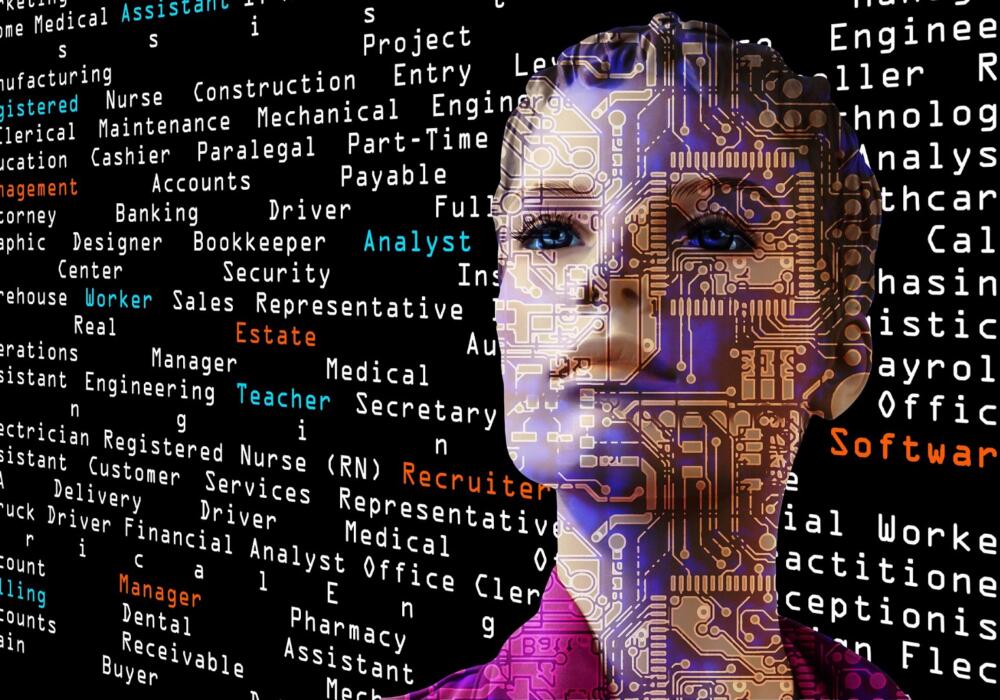Artificial Intelligence…friend or foe?
Many of us speak in hushed, anxious tones when discussing the pending integration of artificial intelligence (AI) into the workplace…machines replacing people, unemployment rising, it is enough to instil fear into the hearts of many. Yet what if we took a different view? Instead of thinking man against machine, what if we saw AI as a means of enhancing our job roles?
We are no doubt operating in an era of learning and AI augments ordinary intelligence to allow us to reach our optimal potential. When processing large quantities of information, machines can compute data at a rapid rate that aids humans to make better decisions more quickly. Let’s take recruitment for example. Hundreds of applicants for a singular position could take days to sift through and minimise to a top ten candidates list. Technology on the other hand can apply intelligent matching algorithms to accelerate the screening process, thus allowing recruiters to identify a pool of suitable candidates much more quickly. Speed is imperative when securing top talent, however machines lack our cognitive ability to assess important candidate elements such as professionalism, attitude and cultural fit. The mundane task of candidate selection can be appeased through the application of AI, however I conduct the interviews, and applying the human factor, ultimately recommend your next superstar. Just between you and me, I have an exceptional strike rate!
Machines were invented to replicate the human brain, but they lack emotional intelligence. Humans use a combination of cognitive processes learnt from interactions with their surrounding environment to apply a much more complex set of parameters to a scenario. In short, there is simply no substitute for human judgement. Thus we as people think and learn while machines rely upon in-built instructions. Instruction provided by humans. There is no doubt though that a machine can outperform a human in some instances, say in a game of chess, but I wouldn’t allow a computer program to make the final selection of who my next head of finance will be. Thus artificial intelligence and automated processes should be viewed as a means to complement our job functions, not replace them entirely.
Moving forward, an attitude of humans and machines will replace our dialogue of humans versus machines. With AI’s powerful ability to process raw data, and the application of human intelligence to provide context and relevance, we can begin to form an understanding of how the two will interface both now and over the longer term. When we allow AI to take over the more mundane elements of our job roles, we will seek to become self-learners, continually developing and evolving as we build a framework from the information collated.
No doubt AI will challenge us to be more creative in developing a competitive edge. In fact, as AI technology continues to revolutionise the workplace, it is expected that productivity will increase by up to 40 per cent over the next fifteen years. We have already seen navigation systems evolve from providing simple directions to now recommending nearby eateries, locations of service stations and directing us around road blockages. A once practical and functional device has been adapted to enhance our lives. This is not the undertaking of a machine, but rather an example of how AI is able to take skilled roles and increase the value of a workforce rather than reducing it.
Clearly artificial intelligence is more effective when combined with human decision making. It has proven so in a number of industries. Let’s take our farmers for example. They can now more efficiently and profitably manage their crops, maximise machinery performance, and monitor herds and water usage. Yet no matter the source of your data, unless you have the ability to convert information and apply it in a meaningful way, it will prove limiting. Evidently, it takes the human brain to see the big picture.
For those of you who have, or soon will, experience the effects of artificial intelligence in the workplace, don’t live in fear, but rather embrace the opportunity. The opportunities AI will give to you as an individual to expand your skill set, and the opportunities AI will provide to your employer, industry and ultimately, the economy. As artificial intelligence challenges our imagination, we need to embrace revolutionary innovations and the prospect of empowerment. So refrain from focusing upon machines taking our jobs, instead, start preparing for the new jobs they will create.








